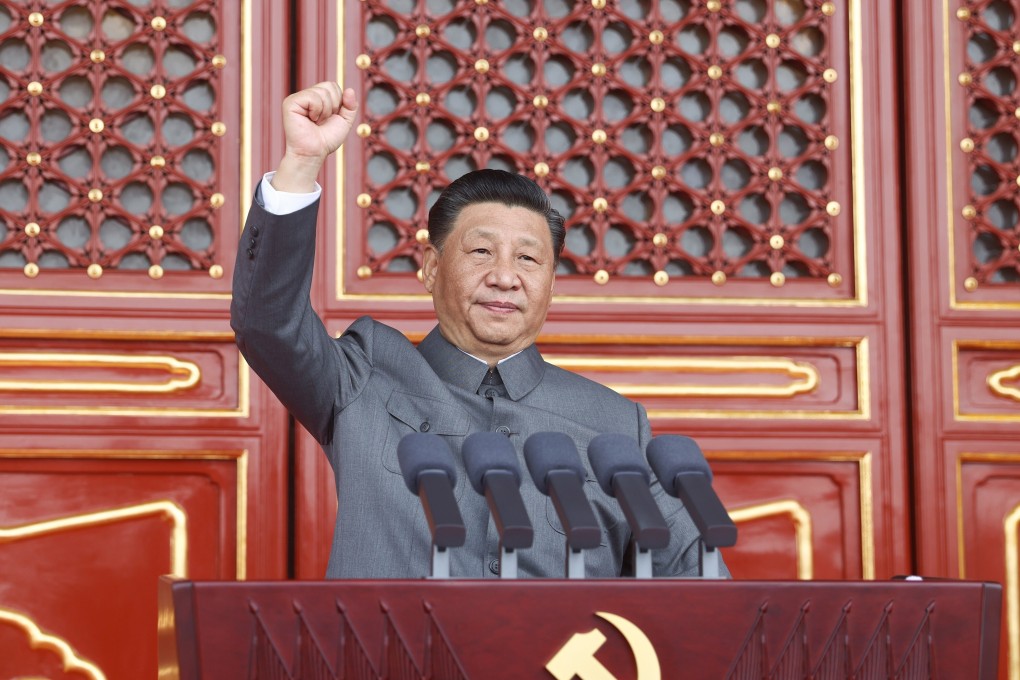Advertisement
China’s tech crackdown will see ‘more substantial progress’ by year’s end, Beijing vows
- Economic uncertainties and shrinking GDP growth also prompt warning on financial risks, while a raft of moves are being reviewed to help struggling businesses
- President Xi Jinping again stresses the importance of curbing monopolies and preventing the disorderly expansion of capital
Reading Time:3 minutes
Why you can trust SCMP
7

Frank Tangin Beijing
Chinese authorities say progress is being made in their efforts to clean up the financial irregularities created by privately run tech giants and other industrial capitalists, while doubling down on vows to ensure that funding is available to struggling private businesses amid rising costs and a broad economic slowdown.
Guo Shuqing, party chief of the People’s Bank of China, pointed to promising “initial results” in the ongoing clampdown on tech giants, in an interview that Communist Party mouthpiece Xinhua published on Tuesday.
“Financial regulatory departments raised more than 1,000 issues, most of which received an active response,” he was quoted as saying. “About half of them have been tackled.
Advertisement
“There will be more substantial progress by the end of this year.”
Advertisement
Beijing has been cracking down on Big Tech for several months, in line with the country’s efforts to prevent monopolies and the disorderly expansion of capital – a mission thatwas again stressed by President Xi Jinping at a Tuesday meeting of the Politburo.
Advertisement
Select Voice
Choose your listening speed
Get through articles 2x faster
1.25x
250 WPM
Slow
Average
Fast
1.25x